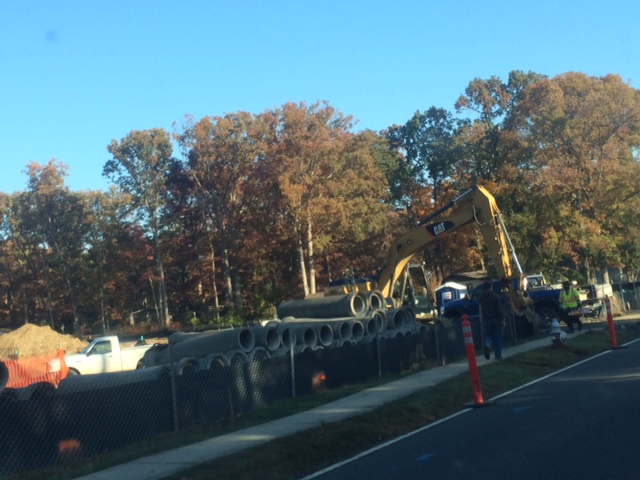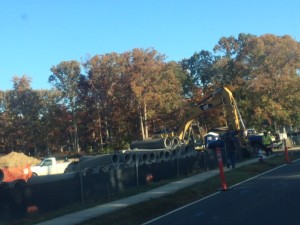
Strict Liability for Employers that Fail to have Workers Comp Insurance

While Herndon Virginia workers’ compensation lawyer Doug Landau has previously written on the Workers’ Compensation system being a “no-fault statute,” a recent case decision out of Roanoke City Circuit Court suggests there may be a strict liability component as well.
In the case of Wade vs. Scott Recycling, the decision handed down on November 20, 2014 by judge Carson granted summary judgment for the injured employee.
In the Wade case, a truck driver for the defendant electronic waste disposal business was injured on the job. The employer admitted the plaintiff was its employee, and that the company had three or more employees at the time of the accident, such that it fell within the jurisdiction of the Virginia Workers’ Compensation Act. The Defendant furthermore admitted that it did not have the required Workers’ Compensation insurance on the date of the plaintiff’s injury.
The Virginia Workers’ Compensation Act has a penalty provision for employers. Such employers can be made to pay a fine when they have enough employees to trigger the provisions of the Comp law. (Virginia Code section 65.2-805 sets forth these civil penalties.) The Virginia Comp Act also states that when employers who do not have insurance are sued in Circuit Court, they are barred from asserting certain affirmative defenses, such as contributory negligence and assumption of the risk.
In this case, the plaintiff argued the civil penalties statute mandates strict liability for noncompliance by employers such as Scott Recycling.
Defense counsel for the employer pointed to decisions from other jurisdictions, arguing that even if an employer is noncompliant with the state workers compensation statute, the employee is still required to prove his or her prima facia negligence case. (The injured worker must still show there was negligence, not just that he or she was hurt while “on the clock.”)
The Roanoke Circuit Court Judge reviewed both the Virginia Code as well as the Virginia Supreme Court interpretation, and granted plaintiff’s motion for partial summary judgment. The court ruled that the employer shall be liable in a suit by the employee against employer to recover damages for personal injury.
The recent decision noted that the Supreme Court of Virginia has held that this section of the Virginia Code is to be penal in nature, should be liberally construed in favor of the employee, and should impose liability against a noncompliant employer.
It will be interesting to see whether there is an appeal of this decision, and if so, what the appellate court does with the trial court’s ruling. If there is no appeal, hopefully the injured worker’s recovery will not be limited to the “medical bills plus limited partial wage replacement” scheme of the Virginia Workers’ Comp Act.
Bottom line, stay tuned!
